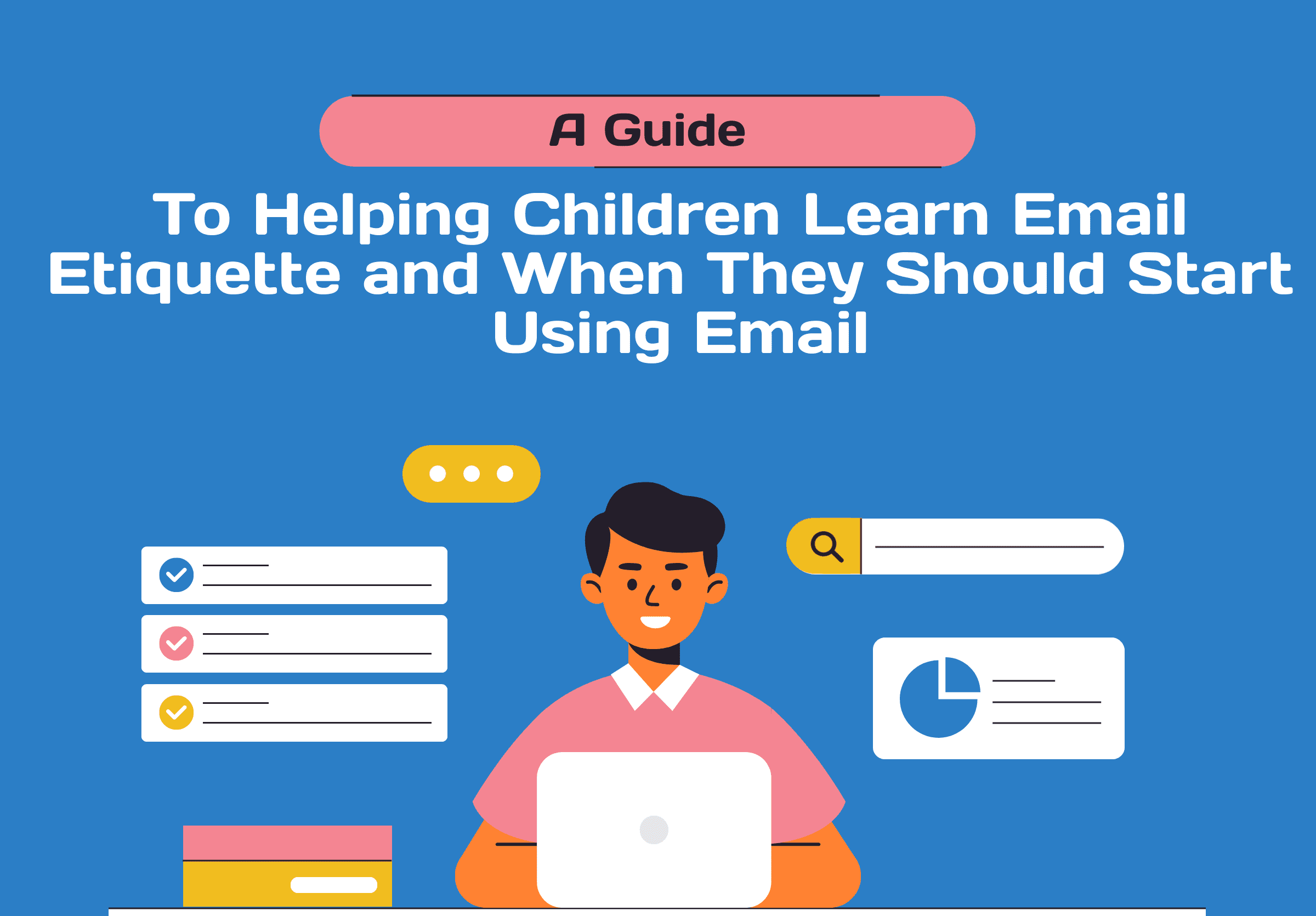
According to studies, between 9 and 20 percent of kids in the US develop dental phobia. But this proportion may change based on a number of variables, including age, gender, cultural background, and prior dental experiences.
It is critical to address and successfully treat dental anxiety since it can have a substantial influence on a child’s oral health and general welfare.
Dental anxiety is a common problem among children, but there are several strategies that parents and dental professionals can use to help manage it.
How to Manage Dental Anxiety of Children
- Identify the cause: Try to identify the root cause of your child’s dental anxiety. It could be a past negative experience, fear of pain, or fear of the unknown.
- Encourage open communication: Talk to your child and encourage them to express their fears and concerns. Listen to them without judgment and provide reassurance.
- Use positive language: Use positive language when discussing dental procedures with your child. Avoid using words like “pain” or “hurt,” and instead use words like “clean” or “strong.”
- Provide information: Educate your child on the dental procedures they will undergo. This can help reduce fear of the unknown and give them a sense of control.
- Visit the dentist regularly: Regular dental visits can help your child get used to the dental environment and build trust with their dentist.
- Use relaxation techniques: Teach your child relaxation techniques such as deep breathing or visualization to help them stay calm during dental procedures.
- Reward good behavior: Reward your child for good behavior during dental visits. This can help build positive associations with the dentist and reduce anxiety.
- Consider sedation options: In some cases, sedation may be used to help children relax and feel more comfortable during dental procedures. This can be discussed with the dentist.
Here are some potential causes of dental anxiety in children:
Past negative experiences: A child’s past experiences with dental procedures can greatly impact their current perception and feelings towards dental visits.
Fear of pain: Children may associate dental procedures with pain, which can cause anxiety and fear.
Fear of needles or dental equipment: The sight or sound of dental equipment, such as drills or needles, can trigger anxiety in some children.
Sensory sensitivities: Children with sensory sensitivities may find the sights, sounds, and sensations of dental procedures overwhelming and anxiety-provoking.
Help Your Child Overcome Dental Anxiety Today
It’s important to identify the root cause of a child’s dental anxiety in order to effectively manage and address it.
A child’s dentist can work with the child and their parents to create a comfortable and positive dental experience, and may recommend strategies such as relaxation techniques, distraction, and positive reinforcement.



